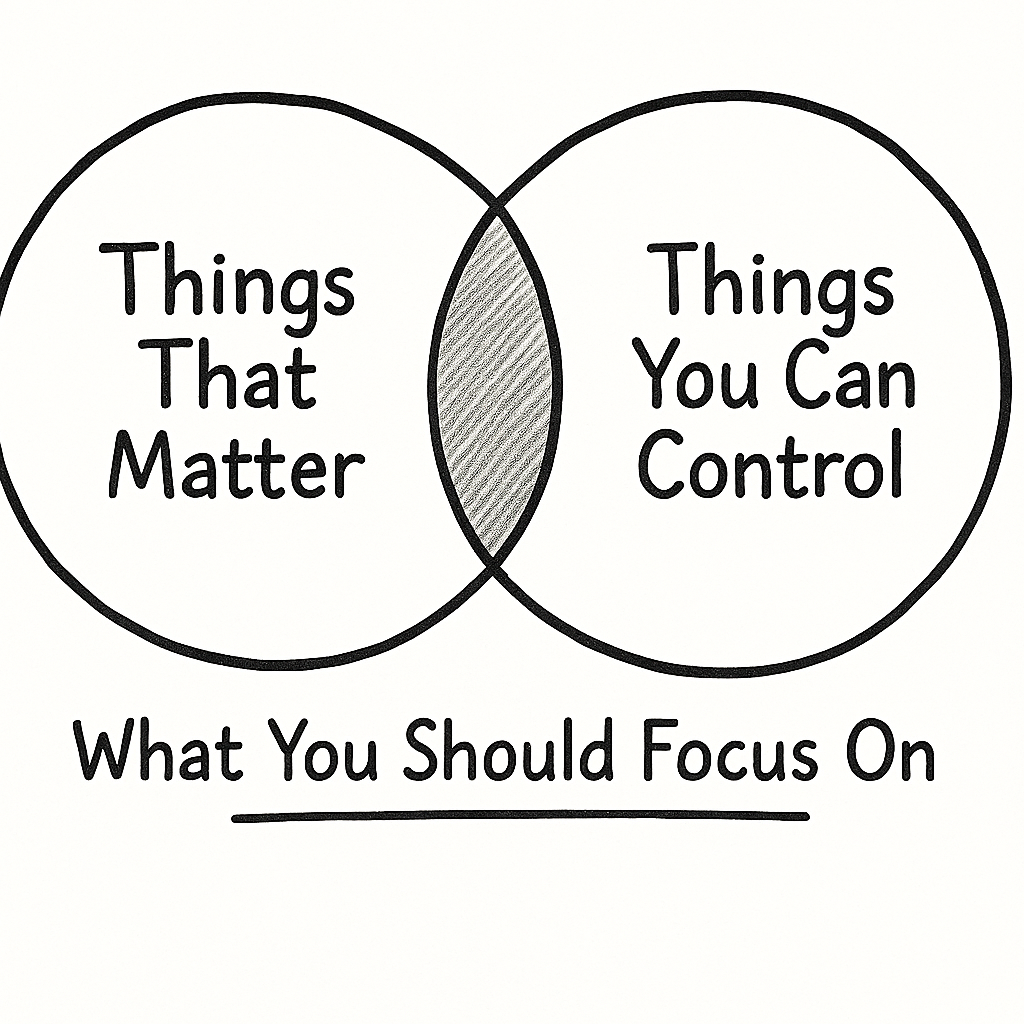How to talk to children
As a parent of two small children, I have to constantly remind myself that some positive or negative event that seems trivial to me may be incredible or devastating to a child. And in order to get a message across to them, I have to step into their shoes and see the world through their eyes, to use some clichés.
Fred Rogers was widely seen as a great communicator to kids, and this was due to a great effort on his part to choose carefully every word spoken on his program. This Atlantic article highlights a summary of this progress by some of Mr. Rodger’s colleagues:
-
“State the idea you wish to express as clearly as possible, and in terms preschoolers can understand.” Example: It is dangerous to play in the street.
-
“Rephrase in a positive manner,” as in It is good to play where it is safe.
-
“Rephrase the idea, bearing in mind that preschoolers cannot yet make subtle distinctions and need to be redirected to authorities they trust.” As in, Ask your parents where it is safe to play.
-
“Rephrase your idea to eliminate all elements that could be considered prescriptive, directive, or instructive.” In the example, that’d mean getting rid of “ask”: Your parents will tell you where it is safe to play.
-
“Rephrase any element that suggests certainty.” That’d be “will”: Your parents can tell you where it is safe to play.
-
“Rephrase your idea to eliminate any element that may not apply to all children.” Not all children know their parents, so: Your favorite grown-ups can tell you where it is safe to play.
-
“Add a simple motivational idea that gives preschoolers a reason to follow your advice.” Perhaps: Your favorite grown-ups can tell you where it is safe to play. It is good to listen to them.
-
“Rephrase your new statement, repeating the first step.” “Good” represents a value judgment, so: Your favorite grown-ups can tell you where it is safe to play. It is important to try to listen to them.
-
“Rephrase your idea a final time, relating it to some phase of development a preschooler can understand.” Maybe: Your favorite grown-ups can tell you where it is safe to play. It is important to try to listen to them, and listening is an important part of growing.



Leave a comment